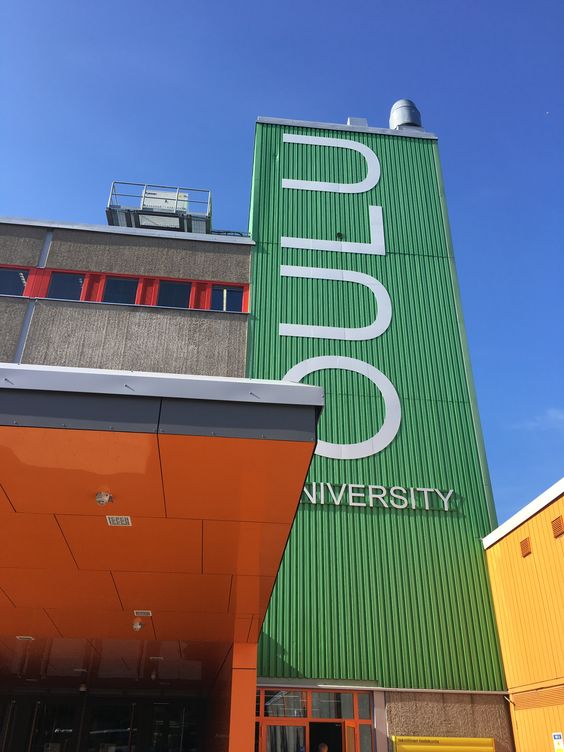“The Ultimate Guide to Studying in Finland 2025“There are many positive reasons to study in Finland. Beyond the prestigious universities that offer top-notch vocational, undergraduate, and graduate education, you’ll be impressed by the various global rankings that distinguish the country. In this article, we will discuss the main reasons why studying in Finland is an excellent choice. Let’s highlight some valuable facts that will undoubtedly make you book your ticket, start packing your bags, and head to Finland to secure your future.

When it comes to high-quality education, Finland is one of the first countries that comes to mind. A Nordic country with a population of 5.54 million in 2024, Finland has not only kept pace with advancements in education but has also excelled in setting a global standard.
As a member of the European Union and home to 35 higher education institutions, Finland is a great choice for students from around the world. In a society where equality is valued and lifelong learning is encouraged, Finland offers a fantastic social environment to enhance your learning and personal growth.
If you are looking to study at a university in Finland, you will find a wide range of degrees focusing on student-centered learning and technological advancement. For international students, life in Finland is enhanced by high-level infrastructure and technology, the safety of living in one of the world’s safest countries, and the enjoyment provided by nature’s four distinct seasons, each with its own unique charm.
Finland is one of the most environmentally conscious countries in the world, and as a result, almost everyone participates in environmentally friendly practices. Nature is a fundamental part of Finnish life for a simple reason: it is everywhere.
In Finland, the bustling urban life meets tranquil natural landscapes just a few steps away. Cities and towns host activities for all seasons and offer plenty of opportunities for exploration or relaxation.
Higher education institutions in Finland have an international outlook, with over 500 English-taught programs available throughout the country. These institutions largely rely on government funding and provide high-quality education accessible to everyone. Campuses combine natural surroundings with modern technical facilities for all students to enjoy.
Being a student in Finland has many advantages. From advanced technical laboratories to well-equipped libraries, university campuses have all the facilities that knowledge-thirsty students need. Earning a degree from a Finnish higher education institution of world-class quality is the natural first step to paving the way for a fantastic career in your field, whether academic or in other practical sectors.


















